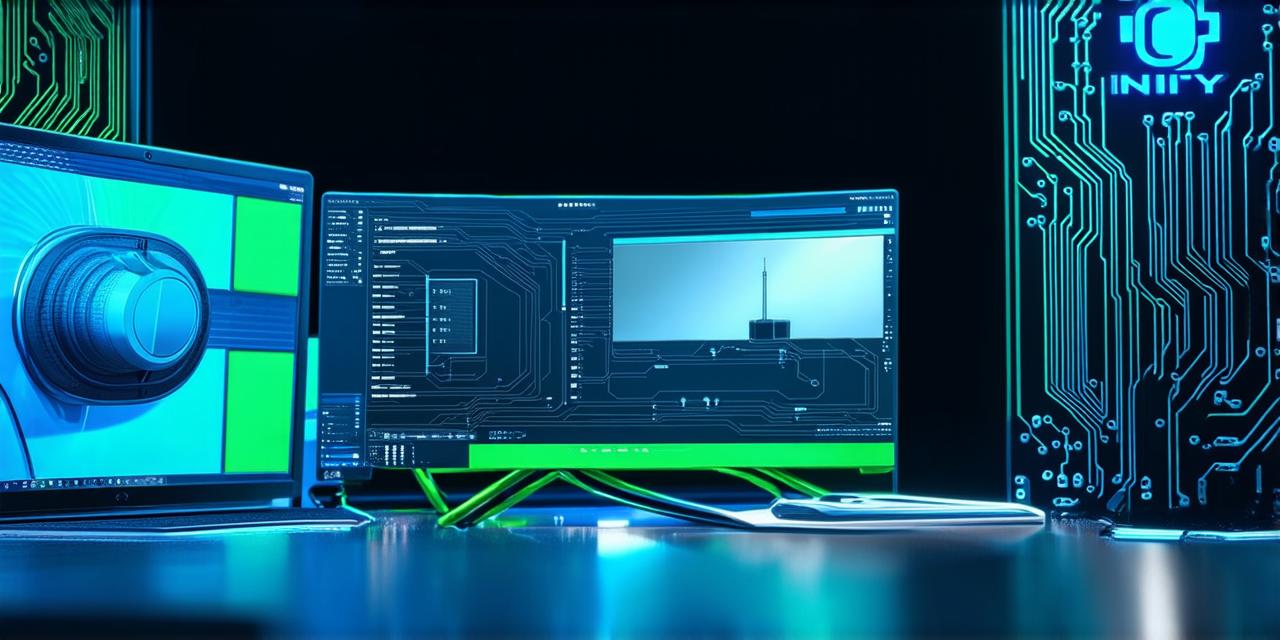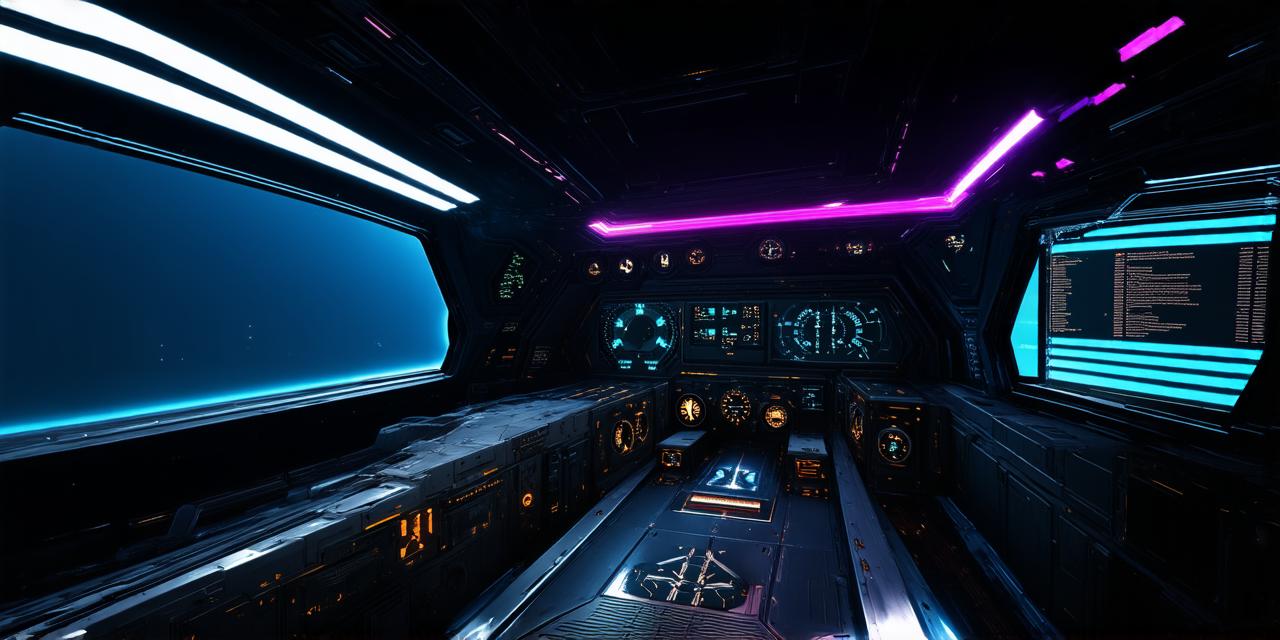1. Understand Your Skills and Experience
Before you can determine your rate as a Unity 3D developer, it’s important to have a clear understanding of your skills and experience. Consider the following questions:
* What programming languages are you proficient in?
* Have you worked on any large-scale projects or with complex tools and frameworks?
* How many years of experience do you have in Unity 3D development?
Answering these questions will help you understand your strengths and weaknesses as a developer, which can inform how much you should charge for your services. If you are new to Unity 3D development, it’s important to focus on building up your skills and gaining experience before attempting to determine your rate.
2. Research the Market
Once you have a clear understanding of your skills and experience, it’s time to research the market to determine what other Unity 3D developers are charging for their services. This can be done through online job boards, freelance platforms, or by reaching out to other developers in your area. Keep in mind that rates can vary greatly depending on location, experience level, and specific skill sets.
It’s important to do your research carefully and not just rely on what you see online. Take the time to understand the market conditions and economic factors that may affect rates. For example, if there is a high demand for Unity 3D developers in a particular area, it may be possible to charge more than you would in other regions.
3. Determine Your Target Audience
Knowing your target audience is crucial when determining your rate as a Unity 3D developer. Consider the following factors:
* What type of clients do you want to work with? (e.g., small businesses, large corporations, game developers)
* What industries do you specialize in? (e.g., healthcare, education, entertainment)
* What level of support and guidance do your clients need?
Understanding your target audience will help you determine what rate to charge for your services based on their needs and budget. For example, if you specialize in game development and work with small businesses that have limited budgets, it may not be appropriate to charge as much as a Unity 3D developer who works with large corporations that have more resources.
4. Consider Your Costs
As a Unity 3D developer, it’s important to consider the costs associated with your services. This includes not only the cost of your time but also any equipment or software you use, as well as any overhead costs (e.g., office space, marketing). Be sure to factor in these costs when determining your rate.
It’s also important to be realistic about your expenses. Don’t underestimate the costs involved in running a business, such as taxes, insurance, and other fees. It’s essential to account for all of these expenses when determining your rate.
5. Offer Value-Added Services
In addition to your core Unity 3D development services, consider offering value-added services that can help you stand out from the competition and justify a higher rate. These might include:
* Project management services
* Quality assurance testing
* Custom asset creation
* Technical support and maintenance
Offering these services can not only increase your revenue but also add value for your clients. Be sure to carefully consider which services are most relevant to your target audience and which ones you have the skills and experience to provide effectively.
6. Negotiate Effectively with Clients
Finally, when determining your rate as a Unity 3D developer, it’s important to be able to negotiate effectively with clients. This means being able to communicate the value of your services clearly and persuasively, as well as being willing to compromise and find a mutually beneficial solution.
When negotiating with clients, be sure to provide evidence of your skills and experience, as well as any value-added services that you are offering. You may also want to consider offering a range of payment options or payment terms to accommodate the needs of different clients.
Conclusion

In conclusion, determining the right rate for your Unity 3D development services can be challenging, but with the right approach, you can ensure that you are paid fairly for your work. By understanding your skills and experience, researching the market, considering your target audience, factoring in your costs, offering value-added services, and negotiating effectively with clients, you can establish yourself as a valuable and high-paid Unity 3D developer.



